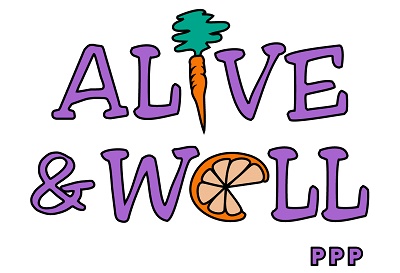Vitamins are important for achieving a healthy glow that radiates from the inside out. You are what you eat! Eating healthy foods rich in nutrients and antioxidants will reflect a beautiful you in the mirror. If you cannot always eat a collagen-producing diet, supplements are another alternative.
Collagen is not found in the plant kingdom. A lot of collagen supplements are derived from bovine bone (which is basically cow bone). If you are a vegetarian or vegan, you will want to supplement with a “collagen builder,” which will contain antioxidants and support the production in your body naturally.
Here are some specific vitamins and the role they play in beauty from the inside out.
Vitamin C
This is a skin superhero! It is a powerful antioxidant that helps the body produce collagen. Collagen is a key factor in beauty and anti-aging. It is the glue that holds the skin together. Collagen production begins to decline after age 25, so it needs all the help it can get. Vitamin C can be found in citrus fruit, cauliflower, and red bell peppers (choose organic, if possible).
Vitamin A
Great for skin overall, but especially if dark spots are your issue. An intake of vitamin A in your diet goes a long way toward anti-aging. Vitamin A-rich foods include: sweet potatoes, dark green, leafy veggies, carrots, dried apricots, and butternut squash. If you choose to supplement your diet with vitamin A, the U.S. Food and Drug Administration recommends a daily value for adults of 5,000 IU.
B Complex
B vitamins work together and include: niacin, thiamine, folate, riboflavin, vitamin B6, vitamin B12, biotin, and pantothenic acid. A deficiency can produce unsightly symptoms such as rashes, uneven complexion, wrinkles, dry skin, and cracked lips. B complex-rich foods include dark green, leafy veggies, nuts, chicken, fish, eggs, bananas, lentils, and avocados. Niacin (vitamin B3) has specifically been shown to reduce redness. It also helps clear up acne and increases hydration. This is a great nutrient for a variety of skin issues, including dry skin and rosacea. Tuna and chicken are packed with vitamin B3. Other great sources are parsley, cantaloupe, and kale, so think about adding these to your morning smoothies.
Vitamin D
Sometimes called the sunshine vitamin because it is produced when you are in the sun. Symptoms of eczema and psoriasis have been known to respond well to getting a daily dose of vitamin D. Acne also responds to vitamin D absorption by decreasing oil production in skin cells.
Vitamin E
This powerful antioxidant helps the body reduce the harmful rays of the sun. It is also an anti-inflammatory that helps with healing wounds and improving dry skin. Consider adding almonds, Swiss chard, kale, and avocado to your diet to get your fill of this important skin nutrient.
Vitamin K
Is used to clot blood, and is an antioxidant that helps combat free radicals (a major cause of anti-aging). Vitamin K helps reduce redness and heal bruised skin. Foods rich in vitamin K include kale, broccoli, cabbage, and natto (fermented soy).

